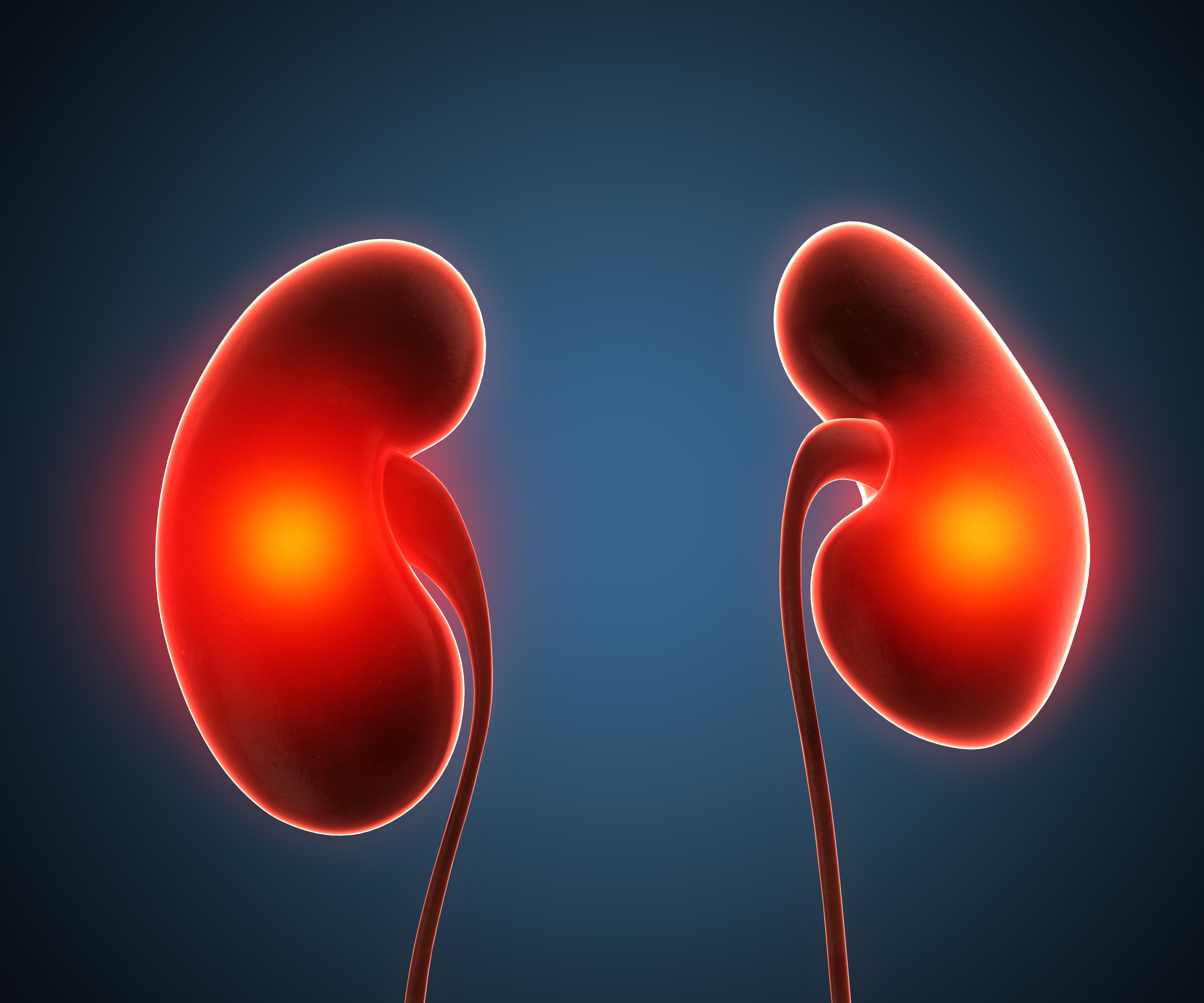Article
Anti-VEGF, Steroid Combination Therapy Superior to Monotherapy for Refractory DME
Author(s):
A systematic review and meta-analysis revealed that combination therapy was associated with superior anatomical outcomes in all but 1 included study.
Netan Choudhry, MD
Credit: LinkedIn

A systematic review and meta-analysis of 7 studies revealed that combination therapy of anti-vascular endothelial growth factor (VEGF) and intravitreal steroid therapies was associated with superior anatomical outcomes in treatment-refractory diabetic macular edema (DME).1
The research included more than 450 eyes and suggested the treatment burden of the total number of injections compared with anti-VEGF monotherapy was similar. Expected due to the established risk profile of injected corticosteroids, meta-analyses showed combination therapy was associated with more adverse events.
“Other research implies that the aforementioned combined effect promotes rapid vision improvement but that superior visual outcomes compared with anti-VEGF monotherapy do not persist over time,” wrote the investigative team, led by Netan Choudhry, MD, from Vitreous Retina Macula Specialists of Toronto. “This review revealed superior anatomical outcomes with combination treatment in all but one study.”
The advent of anti-VEGF therapies, including aflibercept and ranibizumab, has led to their use as the standard of care for various retinal diseases, such as DME and neovascular age-related macular degeneration (nAMD). Eyes with DME may experience resistance to anti-VEGF treatment, leading to treatment switching to an alternative anti-VEGF therapy or intravitreal steroids. Prior analyses reported no clinically significant visual or anatomical advantage to a combination of anti-VEGF and steroid therapy, compared with anti-VEGF monotherapy.2
Choudhry and colleagues looked to expand on the current literature with a report on the efficacy and safety of combination anti-VEGF and steroid therapy in those with treatment-resistant DME. The investigation examined whether the addition of steroid treatment may improve patient efficacy and safety outcomes, due to reduced total number of injections or visual and anatomical improvements. Moreover, the investigators analyzed the current criteria used in literature to identify patients as refractory to anti-VEGF treatment.
Systematic searches were performed from January 2005 to July 2022 on EMBASE, the Cochrane Controlled Register of Trials, and Ovid MEDLINE. The analysis included randomized controlled trials (RCTs) and observational studies comparing anti-VEGF monotherapy to combined therapy with anti-VEGF therapy and steroids for the treatment of refractory DME. A total of 7 studies, including 4 RCTs and 3 observational studies, reporting on 452 were identified and included in the analysis.
Upon analysis, the systematic review showed that combination therapy was significantly more effective regarding anatomical outcomes in eyes with resistant DME, compared with anti-VEGF monotherapy, in 6 of the 7 studies. Meanwhile, 2 studies showed the addition of intravitreal steroids to anti-VEGF therapy was linked to faster visual improvements; however, these were not significantly better final visual outcomes compared with monotherapy.
Data showed combination therapy was associated with a higher incidence of intraocular pressure (IOP)-related adverse events (risk ratio [RR], 0.10; 95% CI, 0.02 - 0.42; P = .002), as well as cataract-related adverse events (RR, 0.10; 95% CI, 0.01 - 0.71; P = .02).
Based on the review’s findings, investigators concluded that clinically significant DME appears to be consistently defined with CRT in the 250–300 μm range. Though some studies used a minimum of 3 anti-VEGF injections to define treatment resistance, investigators indicated most used 6 previous injections or 6 months of treatment, and standard criteria development is needed.
“Clinicians may select patients with the aforementioned refractory criteria as potential candidates that would benefit from combination therapy, but caution should be practiced by clinicians when extrapolating these findings to individual patients,” investigators wrote. “Future research should develop standard criteria for treatment resistance, and therapeutic alternatives for DME patients who are resistant to treatment.”
References
- Hatamnejad A, Orr S, Dadak R, Khanani A, Singh R, Choudhry N. Anti-VEGF and steroid combination therapy relative to anti-VEGF monotherapy for the treatment of refractory DME: A systematic review of efficacy and meta-analysis of safety [published online ahead of print, 2023 Jun 26]. Acta Ophthalmol. 2023;10.1111/aos.15724. doi:10.1111/aos.15724
- Kuroiwa, D.A.K., Malerbi, F.K. & Regatieri, C.V.S. (2021) New in-sights in resistant diabetic macular edema. Ophthalmologica, 244, 485– 494





